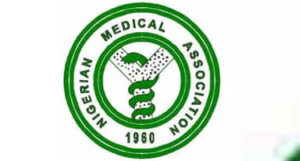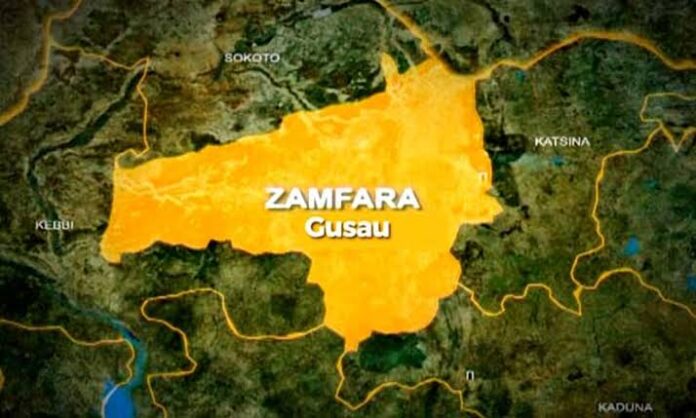The Nigerian Medical Association (NMA) in Zamfara State has found itself mired in a significant crisis following its 2024 election for state officers. What should have been a routine transition of leadership has instead led to the emergence of two factional chairmen, both claiming the mantle of leadership. The situation has raised concerns about the unity and future direction of the association in the state.
The crux of the matter lies in the contested election results. The immediate past Vice Chairman of the association, Ibrahim Jibril, was declared the winner of the chairmanship election by the returning officer, Mannir Bature. According to Bature,
Jibril secured a decisive victory, garnering 183 votes, far outpacing his closest rival, Usman Suleiman, who managed to collect only 12 votes. This outcome should have cemented Jibril’s position as the new chairman of the NMA Zamfara State, especially with the endorsement from the national leadership.
The election was part of the NMA Zamfara State Branch’s annual general meeting, which had commenced peacefully with a scientific conference. However, tensions began to surface as the process to elect new state officials got underway. With the tenure of the outgoing officials, led by Dr. Sanusi Bello, coming to an end, a new slate of leaders was to be chosen. The initial stages of the election were calm, but disagreements arose as the process progressed.
The returning officer, who also serves as the National Publicity Secretary of the NMA, decided to adjourn the session until 5 pm, at which point the delegates were expected to participate in the election virtually. When the session reconvened, other candidates for various positions were elected unopposed, but the chairmanship was hotly contested. Jibril, along with Mohammed Abubakar and Usman Suleiman, vied for the position. In the end, Jibril’s overwhelming victory was announced, positioning him as the legitimate leader of the association in the state.
 In his acceptance speech, Ibrahim Jibril expressed his commitment to an open-door policy and pledged to provide transparent and accountable leadership. He emphasized his intention to involve all members in the association’s activities, reaffirming that he had been entrusted with the mandate to lead the NMA Zamfara State into a new era.
In his acceptance speech, Ibrahim Jibril expressed his commitment to an open-door policy and pledged to provide transparent and accountable leadership. He emphasized his intention to involve all members in the association’s activities, reaffirming that he had been entrusted with the mandate to lead the NMA Zamfara State into a new era.
Despite this, the situation took a contentious turn as Usman Suleiman, who had lost by a significant margin, began to assert his own claim to the chairmanship. Backed by a group of elders within the association, Suleiman started calling on members to support his leadership and team, suggesting that his vision would elevate the association to new heights. This split in leadership has led to confusion and division within the ranks of the NMA in Zamfara State.
Channels Television conducted an investigation into the situation, revealing that the executive committee led by Ibrahim Jibril has been recognized by the national leadership of the NMA. This recognition seemingly solidifies Jibril’s position as the legitimate chairman.
However, the situation on the ground remains volatile. Usman Suleiman has not backed down and even attempted to assume control by going to the state secretariat, where he declared himself the new chairman. His efforts were thwarted, as he was denied access to the premises, further deepening the rift within the association.
The crisis within the NMA Zamfara State is emblematic of the broader challenges that professional associations can face when leadership transitions are contested. The situation underscores the need for clear electoral processes and the importance of adhering to the results to maintain unity and focus within the organization. As it stands, the NMA in Zamfara faces a period of uncertainty, with the potential for further disputes unless the matter is resolved amicably and swiftly.




